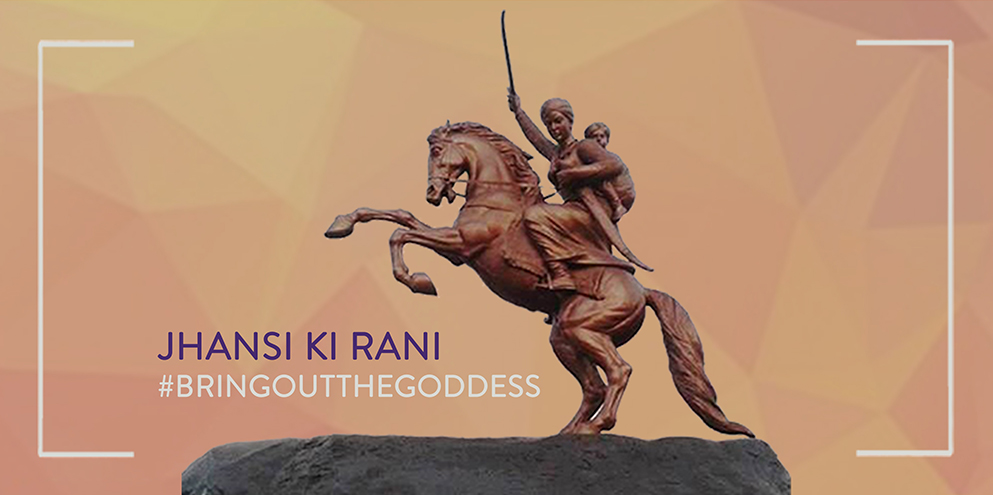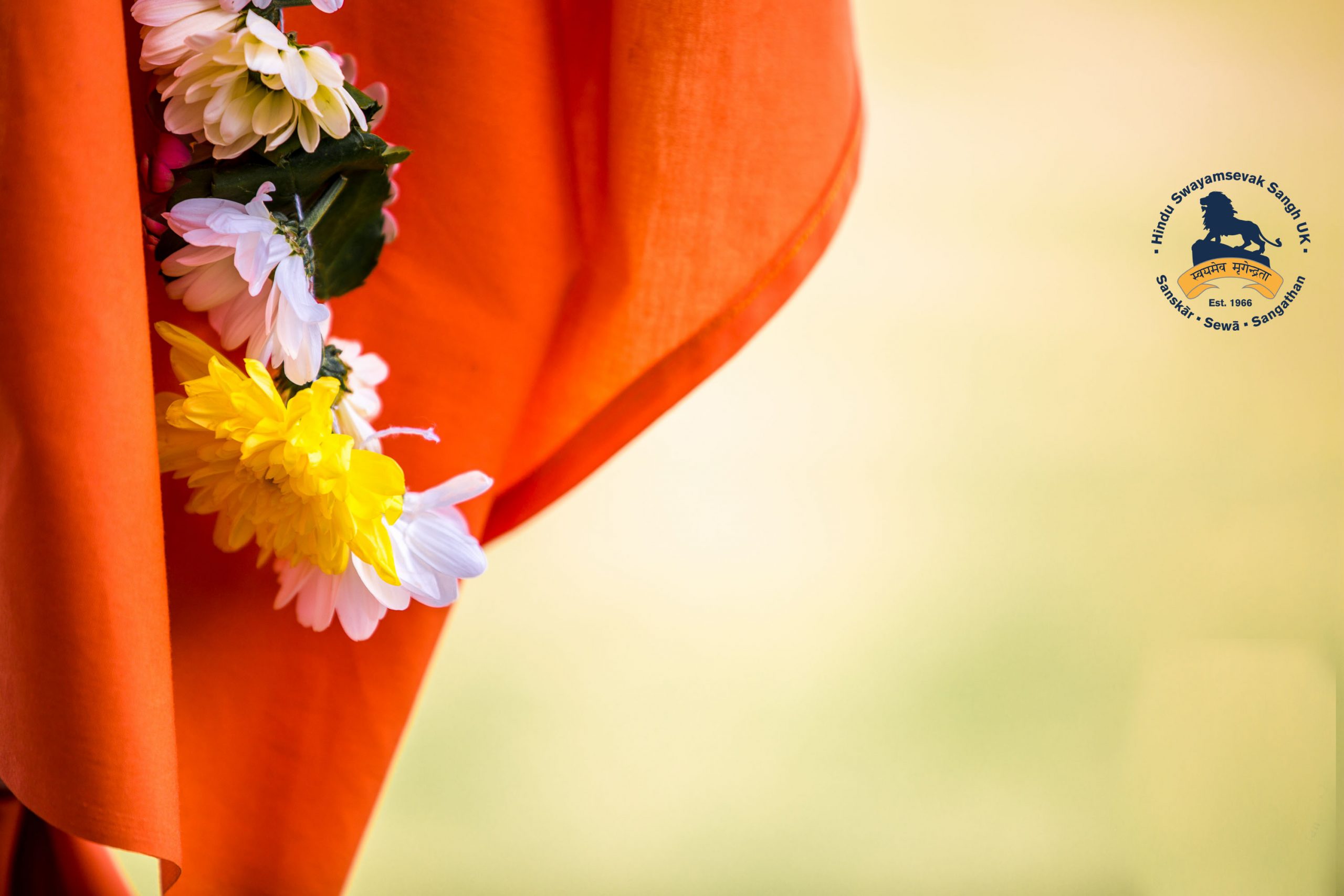From a young age, my parents began a disciplined routine after school every Friday (yes, that is all 52 Fridays in the year) that I would attend something called Shakha. Little did I know at the time that the habit of committing to something which was far more than fun and games would be shaping my character for life. Whatever race, faith or part of the world, the facts are obvious – women receive fewer opportunities in life than men. Only this year, Iceland has become an example to the world that gives women the same opportunity in one way as men (almost).
But why am I writing about this? And why do I seem to think Samiti has any influence over this at all? Well I will tell you – it is the men that now listen to me because I am vocal, I am confident and more importantly I dare to talk about what those don’t. Samiti has become a platform for opportunities for both men and women alike and that makes me feel equal and empowered.
When I was a school kid I went to an English tutor, the homework was to write a story, so I chose to write about my most inspiring Superhero, Jhansi Ki Rani. I learnt about Jhansi Ki Rani and the Dharmic values she upheld of courage, strength and leadership by conducting a talk on her in Shakha. And like they say, you learn best about a topic when you teach it. The fact that I expressed how amazed I was that she fought in battle with her baby on her back was ridiculed as a complete fairy tale by the tutor in front of my peers. I was young and came home crying and embarrassed. I told my parents what my tutor said and as well as stopping the tuition with this particular tutor, they made me realise I had nothing to cry about. In fact I was showing courage by writing about such a leader and should be proud.
That was the tipping point, where I stopped worrying about what other people thought and challenged myself until I become a Jhansi Ki Rani in my own right. I took Shakha as my responsibility to learn more and more about confidence and voicing myself. I would love a good discussion on Jhansi Ki Rani or why we play the game Brahma Vishnu Mahesh and not Saraswati, Lakshmi, Parvati. It became a safe haven to explore and develop my own character before hitting the real world.
Some think Samiti is just about those who do Sewa, or the role of charitable persons, but for me, as well as all this, I have learnt how to be a confident and bold woman and in the past years to be an ambitious woman at work. ‘Sanskaar’ is one of three priorities at HSS and through that I have found myself exploring women’s issues in the world and to keep challenging this ideal of ‘Nari Shakti’ in a British society. Most recently, I read ‘Lean in’ by Sheryl Sandberg, shocked at some of the stats about the way companies promote men over women, which made me cautious of my chosen place of work, but also encouraged me that the skills Shakha has given me as a person allow me to be ambitious, to really reach for the top and feel empowered right now in my life. Because, let’s be real, Jhansi Ki Rani didn’t become a Leader because she was ‘just a wife of a King’.
The most exciting part is that it is not just I, but my generation of sevikas are also talking about this so surely something in Samiti is making us interested in this subject, building our confidence and courage to talk about it? So I am really excited to attend Aham Brahmasmi – a platform created by Hindu Sevika Samiti to discuss with like-minded people on the Hindu female voice.
Pruthvi Shah,
North London




